A little over 20 years ago, psychologist Daniel Goleman published a ground-breaking book called ‘Emotional Intelligence’.
The book stayed on the bestsellers list of ‘The New York Times’ for almost two years, sold more than five million copies worldwide, and attracted glowing reviews. ‘The Harvard Business Review’ called emotional intelligence ‘a revolutionary, paradigm-shattering idea.’
After being recommended the read from my old manager several years ago, I was not disappointed. The book still remains on my bookshelf at home and funnily enough, I bought it as a gift for someone recently.
Today, after 20 years of further research, experts are increasingly convinced that a person’s emotional intelligence quotient (EQ) is a more important predictor of future success than their IQ. Researchers have even found a strong correlation between a CEO’s EQ and their company’s overall financial success.
In other words, EQ is important. But what is emotional intelligence, exactly? How is it measured? And why is it a particularly vital skill for assistants and support staff?
What is emotional intelligence?
Yale psychology professor John Meyer, says that ‘emotional intelligence is the ability to accurately perceive your own and others’ emotions; to understand the signals that emotions send about relationships; and to manage your own and others’ emotions’.
That’s a bit high-level, so typically EQ is broken down into five core emotional traits (h/t to Life Hacker for this neat summary!). These cover our level of ability to:
- Recognise and understand our own emotions and reactions (self-awareness)
- Manage, control, and adapt our emotions, mood, reactions, and responses (self-management)
- Harness our emotions to motivate ourselves to take appropriate action, commit, follow-through, and work toward the achievement of our goals (motivation)
- Discern the feelings of others, understand their emotions, and utilise that understanding to relate to others more effectively (empathy)
- Build relationships, relate to others in social situations, lead, negotiate conflict, and work as part of a team (social skills)
It’s easy to see why these traits matter. People that score highly in these five areas will be better able to take constructive criticism, to express themselves clearly, and to provide genuine and heartfelt support to others.
How do you measure your EQ?
There’s a lot of so-called EQ tests out there on the internet. Few, however, are scientifically accurate. That’s because —unlike IQ — measuring a person’s emotional intelligence accurately is very difficult. That’s because tests rely on asking respondent’s how they would react when faced with different situations or how they would interpret different examples of body language or facial expressions.
For example, a typical question (thanks psychtests.com for the example) might ask:
A colleague who normally maintains his or her composure suddenly breaks and starts to cry. This would most likely elicit which emotions in others?
- Indifference
- Annoyance
- Pity
- Fear
- Apprehension
- I don’t know
The thing is, questions like this can be ‘gamed’. That is, people can give the answers that they think are most likely to be correct rather than what they genuinely think. As a result, these tests tends to ask very similar questions many times over to try and control for the temptation to ‘play’ the test.
The result is that these tests are very long. They tend to include more than 300 questions and can take more than an hour to complete (If you’re strapped for time, though, Berkeley University have created some shorter (though less scientific) versions). The results are also a bit subjective — it’s hard to know who gamed the questions and to what extent.
That said, an EQ test will give you plenty of useful insight into your emotional skills and, if approached neutrally, can provide a great starting point for some serious introspection.
Why emotional intelligence is vital for assistants and support professionals
By this point, it should be pretty obvious why people with a higher EQ are much more likely to make successful assistants. More so than in most jobs, the need for technical proficiency is probably equally matched by the need for people skills.
The best assistants understand the person or people they’re supporting — they understand their unspoken needs and unique characteristics. They’re also able to respond to subtle cues and can react with situational appropriateness.
A good assistant will quickly learn what an executive needs, what his or her strengths and weaknesses are, what might trigger anger or stress in them, and how best to accommodate his or her personal working style. Good personality matches are very hard to come by, which is perhaps why it is unsurprising that so many assistants follow an executive from job to job.
Good assistants have been described as ‘troubleshooters, translators, help desk attendants, diplomats, human databases, travel consultants, amateur psychologists, and ambassadors to the inside and outside world’. How many of those traits sound like they require strong emotional intelligence to you?
***
Are you looking to hire your next superstar personal or executive assistant? Executive Partnerships can help. We specialise in EA, PA, and support staff hiring and are dedicated to finding you the perfect match. Learn more at executivepartnerships.co.uk




